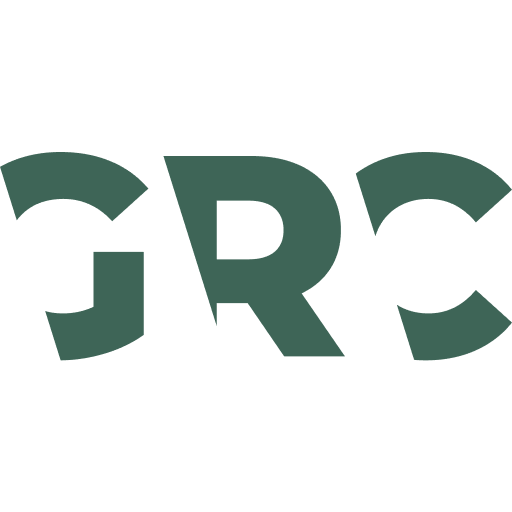We are frequently asked that question. The answer is simple! Or maybe not. GRC stands for Governance, Risk & Compliance.
At the founding ten years ago, founders Hans and Iris quickly agreed on the name. Both had previously worked as consultants at Capgemini. They brought their experience from there into their vision for advising companies, alongside their experience gained as inspectors and in management at Customs and the Tax Authority. The AEO methodology they had developed at Capgemini in collaboration with evofenedex was aptly named ‘AEO in Control’. Sustainable setup through constant monitoring was and still is central.
They had a, as it turns out now, foresighted view. Customs & Trade Compliance would have an increasingly prominent position within the customs world and international trade. Not just complying with legislation. Especially the question of how to organize this within your company and the recognition of changing risks were issues they expected to become increasingly important. GRC Customs thus became a company that found its foundations in, you guessed it, advising on Governance, Risk & Compliance.
The Logic behind GRC
For Hans and Iris, mentioning Governance, Risk & Compliance in one breath was very logical. The market was not yet geared towards that at that time. Now, 10 years later, you can see that many companies have given Compliance an important role. Compliance can almost be called fashionable. However, Governance and Risk are considerably less often mentioned when it comes to customs processes. The importance of good governance, understanding and control over changing risks, control measures, and compliance with applicable laws and regulations are closely interrelated. That’s why we talk about GRC Governance Risk & Compliance.
GRC Customs helps companies effectively implement these important pillars. Organizations can thus minimize their risks, ensure compliance, and build a culture of transparency. Since its inception, GRC has listened to the market’s needs and given substance to the concepts of Governance, Risk & Compliance for its clients. In various blogs in the coming year, our experiences will be illustrated.
But to give a more complete answer to the question of what GRC stands for, we start with the explanation of the concepts, without being able or wanting to be complete:
Governance encompasses the framework of policies, procedures, and decision-making processes that guide the activities of an organization. Good governance ensures that companies are led efficiently and in compliance with applicable laws and regulations. And culture is, of course, part of this.
Risk refers to the possibility of harm or loss for an organization. Risk management involves identifying and quantifying (potential) risks and implementing measures and strategies to limit or avoid risks.
Compliance is the adherence to relevant laws, regulations, and standards. This can include compliance with laws and regulations as well as compliance with internal policies and procedures.

